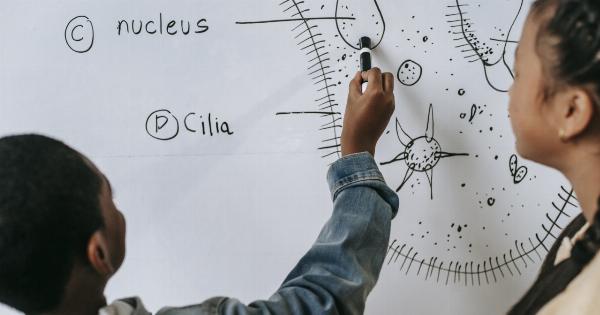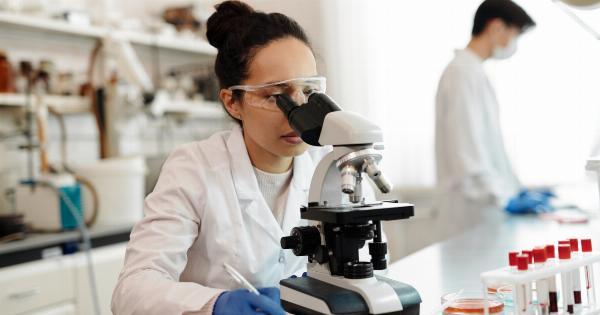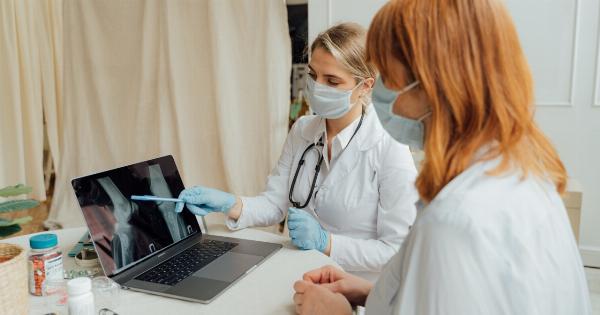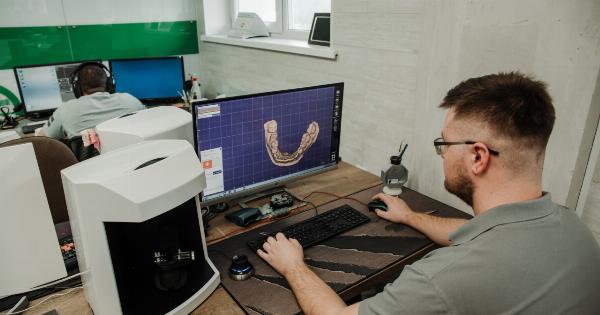Organ transplantation is a medical procedure that involves the replacement of a failing organ with a healthy one from a donor. This remarkable medical breakthrough has revolutionized healthcare and saved countless lives.
Over the years, organ transplantation has evolved significantly, giving hope to patients suffering from debilitating organ failures. In this article, we will explore the emergence of organ transplantation, its history, advancements, challenges, and the future of this life-saving procedure.
The History of Organ Transplantation
Organ transplantation can be traced back to ancient civilizations where attempts were made to replace certain organs.
However, the true emergence of modern organ transplantation began in the early 20th century with the advent of surgical techniques and immunosuppressive drugs.
In 1954, the first successful kidney transplant was performed by Dr. Joseph E. Murray, a pioneer in the field. The recipient, Richard Herrick, received a kidney from his identical twin, Ronald Herrick.
This groundbreaking procedure opened doors to new possibilities in the field of organ transplantation.
Following the success of kidney transplantation, the first heart transplant took place in 1967 when Dr. Christiaan Barnard performed the procedure on Louis Washkansky in South Africa.
This historic accomplishment paved the way for the development of heart transplantation as a treatment for end-stage heart disease.
Soon after, liver, lung, and pancreas transplants were successfully performed, expanding the possibilities of organ transplantation and providing hope to patients with life-threatening organ failure.
Advancements in Organ Transplantation
Advancements in surgical techniques, immunosuppressive drugs, and organ preservation methods have significantly improved the success rates of organ transplantation.
Minimally invasive surgeries, such as laparoscopic procedures, have reduced post-operative complications and accelerated recovery times.
Immunosuppressive drugs play a crucial role in preventing organ rejection, but they come with their own set of challenges.
Over the years, new medications and protocols have been developed to minimize the side effects of these drugs while maintaining effective immune suppression.
Organ preservation techniques, such as cold storage and hypothermic machine perfusion, have increased organ viability and extended the window of time for organ transportation between donors and recipients.
This has greatly improved the availability of organs and increased the success rates of transplantation.
Advancements in tissue typing and compatibility testing have also enhanced organ allocation protocols, ensuring that organs are allocated to the most suitable recipients based on factors like blood type, tissue match, and severity of illness.
Challenges in Organ Transplantation
Despite the significant progress, organ transplantation still faces numerous challenges. The availability of donor organs is one of the major hurdles, with a huge demand-supply gap.
The limited number of organ donors results in long waiting lists and unfortunate cases of patients who do not receive a transplant in time.
Organ rejection remains a significant concern, even with the advancements in immunosuppressive drugs.
The immune system’s natural response to foreign organs can lead to acute or chronic rejection, necessitating lifelong medication and close monitoring.
Another challenge is the high cost associated with organ transplantation. The procedure itself is expensive, and the post-transplant care adds further financial burden.
This restricts access to transplantation for many patients, making it an option only for those with adequate financial resources or suitable insurance coverage.
There are also ethical dilemmas surrounding organ allocation and transplantation. Determining the criteria for selecting recipients and the fair distribution of organs raises complex ethical questions that require careful consideration.
The Future of Organ Transplantation
The future of organ transplantation holds promise, with ongoing research and technological advancements on the horizon.
The field of regenerative medicine, for example, aims to create organs in the laboratory using a patient’s own cells, eliminating the need for donors and the risk of organ rejection.
Scientists are exploring the possibility of using animal organs, known as xenotransplantation, as an alternative to human organs.
This approach requires overcoming significant immunological and physiological barriers but has the potential to greatly expand the pool of available organs.
Advancements in genetic engineering and immune modulation could also play a vital role in reducing the risk of rejection and improving the long-term outcomes of organ transplantation.
In conclusion, the emergence of organ transplantation has transformed the landscape of healthcare, offering renewed hope to patients suffering from organ failure.
With advancements in surgical techniques, immunosuppressive drugs, and organ preservation methods, the success rates of transplantation continue to improve. However, challenges such as organ shortages, rejection, and cost remain. The future of organ transplantation looks promising, with ongoing research focusing on regenerative medicine, xenotransplantation, and genetic engineering.






























